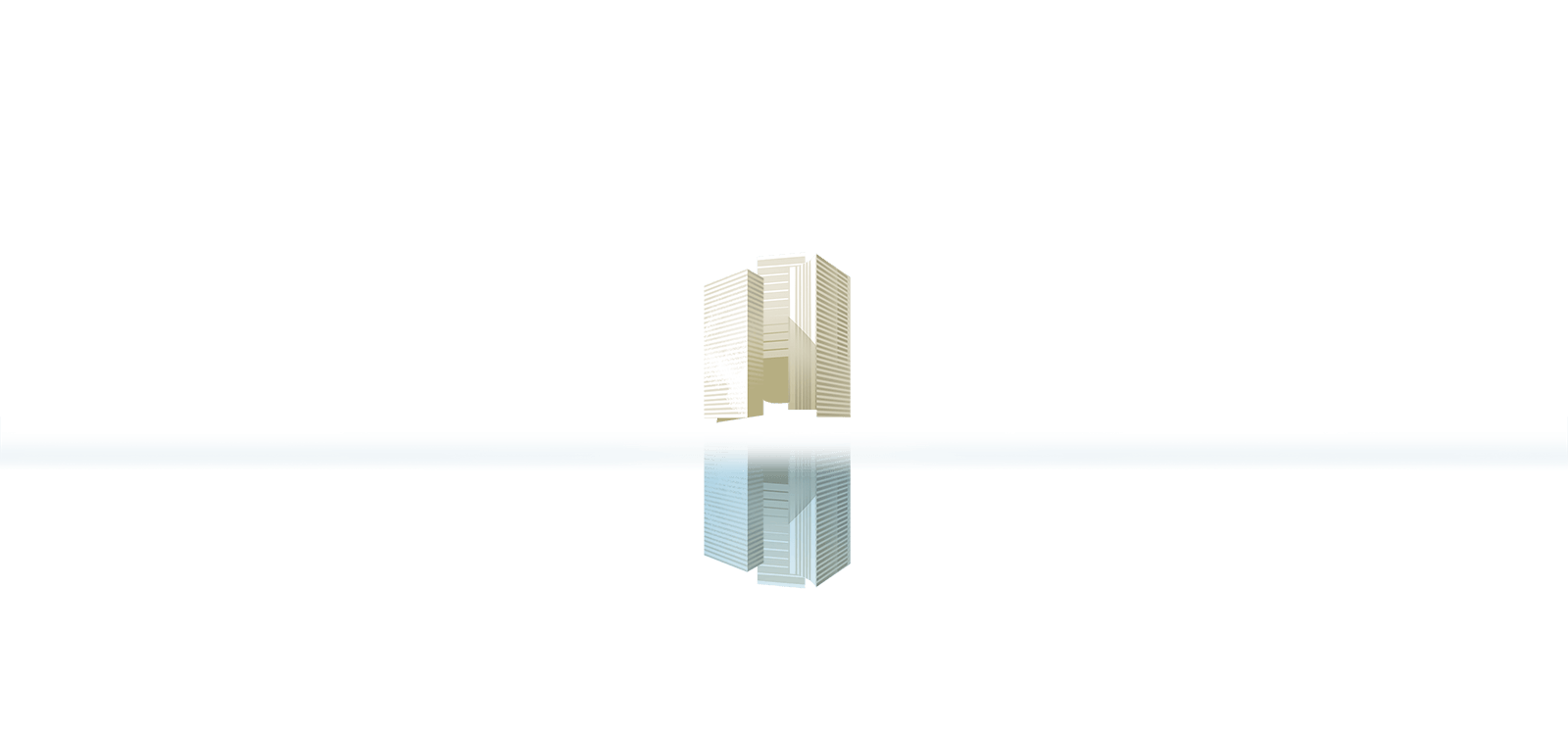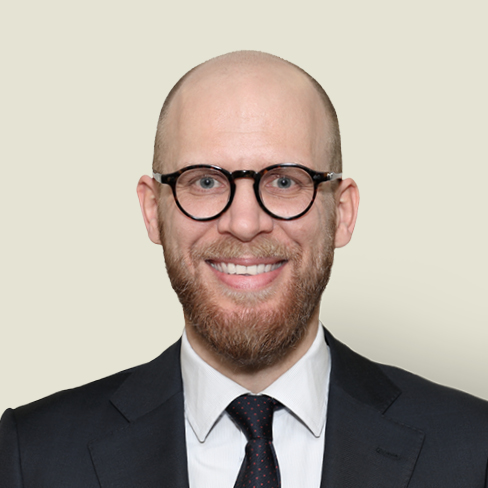You decide how sustainable your
lifestyle is. But what about your
investment strategy?
Sustainability has become a key issue for the financial markets. As an investor, it is impossible to avoid dealing with this new reality – and this is also true when it comes to yield considerations. As a Bank, we have made it our mission to support our clients in coming to terms with this issue, and we also seek to actively nurture the transition. As a key element of our Strategy 2026, the corresponding initiative is referred to as Investing for Change.
The Chief Investment Officer of VP Bank Group, Dr. Felix Brill, shows why sustainable investing is not just a matter of personal conscience and how VP Bank is aspiring to make a positive contribution to this important next step in the evolution of society.
Not just a matter of conscience
A mining company blows up an archaeologically valuable site to gain access to an iron ore deposit. A pharmaceutical company bribes doctors to prescribe the “right” drug. A payment service provider that primarily processes transactions from online gaming and pornographic sites.
These real-life examples show that drawing a clear line between what is considered sustainable and what makes sense for the good of society is practically impossible to do. Ideas about values and moral concepts differ too greatly, not only from person to person but also from country to country – and they are also subject to change over time. What is considered acceptable today may have been taboo in the 1950s. And in terms of sustainability, it is often the other way round: what was possible in the past is often no longer tolerated today.
Take the example of the mining company that values its profits from an iron ore mine so highly that it destroys an archaeological site that provides indications of what life was like tens of thousands of years ago and that has special significance for indigenous people – a location of truly priceless cultural and historical value. We can debate this decision in isolation, but ultimately far more is involved here. How can it be that the choice to detonate the site was made without the necessary clarifications being carried out in advance? Why were efforts not made to seek dialogue with the indigenous people beforehand? Was the site destroyed despite the conditions of the permit? Are the people who manage this mining company compensated in such a way that they put the company’s profits above every other consideration? Is such behaviour ultimately an integral part of the corporate culture?
Sustainability criteria improve risk analysis
Specific examples like these raise questions. They can trigger debates among the public and put companies under pressure. When making investment decisions as an investor, it is no longer sufficient to put your focus only on financial aspects. It is instead necessary to consider additional criteria in order to flesh out a company’s complete risk profile.
Sustainability criteria improve
the investment decisions..
At VP Bank, we are convinced that sustainability criteria improve the investment decisions people make, which is why we have redesigned all investment processes in such a way that these criteria are incorporated systematically. We took this seriously enough that we developed our own VP Bank Sustainability Score, which we use to create transparency for our clients.
No drawbacks – only advantages
This approach has great advantages for our clients, allowing them to shape their own sustainability profile. It also gives them the advantage of using the factor of sustainability as a source of returns – because it can be said of sustainability that there are at least no performance disadvantages associated with it, as several studies have demonstrated. We even believe that sustainability aspects will have an even greater influence on returns in future. As a private Bank that is active internationally, we have the capacity to advance sustainable development. We can enable investments to bring about this transition. It is not just the investment processes that are relevant here, but also the sustainability profile of the Bank. For our “Investing for Change” initiative, this represents both a standard to meet and an incentive to do more.
Sustainability aspects will
have an even greater influence
on returns in future.
We have come a long way
Almost precisely 50 years ago, influential economist Milton Friedman wrote the following in a seminal essay for the New York Times: “The social responsibility of business is to increase its profits”. According to Friedman, it was wrong for an entrepreneurial venture to shoulder social responsibility. We have come a long way since this idea was trumpeted, both as a society and as a Bank.
We are very much aware of our special role as an operator in the financial sector and have given due consideration to what sustainability means to us. We have therefore conducted a materiality analysis, taking into account two points of view: that of the Bank, including issues that are important to us, and that of society, including the topic areas it considers significant. Our dialogue with internal and external stakeholders (including employees, shareholders, clients, supervisory authorities and experts) has allowed us to consolidate these perspectives, with the conclusions drawn being incorporated into the development of our Sustainability Plan 2026.
In this plan, we defined how we are consistently integrating sustainability criteria into our business processes. We have defined that we want to have a CO2 footprint that is net neutral as a Bank and that we want to improve the gender balance on the various levels of the hierarchy. This would result in an improved Sustainability Score, because we apply the same criteria as we do in the risk analysis taking place during the investment process.
Whether from scientists or policymakers, the signals are clear: sustainability has been transformed from an option into a duty – not only for our own sake, but for those who come after us. Just as our clients want to pass on their wealth to the generations that come after them, we also seek to make a positive contribution to the further betterment of society as a whole.













